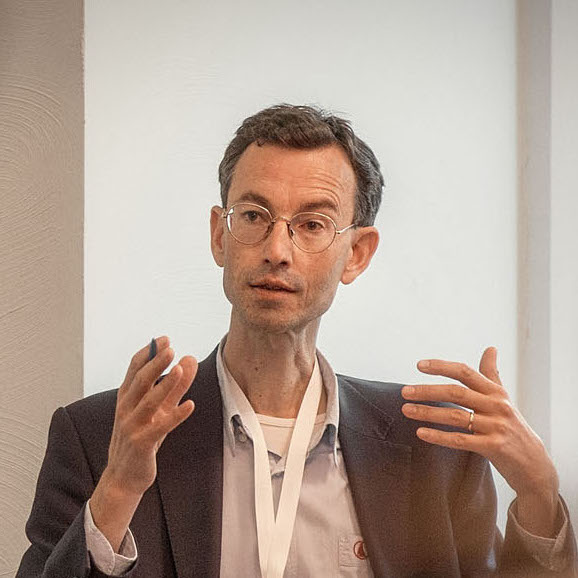Inspire Dialogue Summaries: Conflict Resolution
Brendan Simms, Professor of European International Relations, Director of the Forum on Geopolitics
“We were criticised and ridiculed by other professional groups for coming into a maximum security prison with the word ‘trust’ in mind.”
In our group we started with looking at the root of suspicion and conflict, which of course is fear. Our group was very diverse from the point of view of background and age, but also experience. But everyone had had some kind of direct experience of violence and/or alienation, whether it was working in the prison system, experience of armed conflict, the war on drugs, migration, or schools where fear is endemic. And so we asked: how do we get out of this situation? And we agreed that for this we need trust. But how do we establish trust if it has been broken by a bad experience, or how do you establish it in the first place if we are dealing with strangers? Here again, we had many examples of how tensions were overcome based on experience: for example, of knife violence in a school situation, where the situation was defused simply by advancing physically upon a threatening figure and embracing him. Or, at the other extreme, governmental programmes to integrate groups and reduce barriers in that way.
One of the points that was made is that in order to do this you have to show vulnerability on your own side, in that you have to be able to let your guard down. In the example that was given of the knife attack, this is obvious, but we wondered whether there was some possibility of scaling this up from individuals to states and organisations with a view to better conflict resolution.
The other thing I want to highlight is the matter of timing with both conflict resolution and trust building. If you take the example that I mentioned in my introduction this morning – that of the Thirty Years War in Europe which culminated in the Westphalia Agreement – it is not very encouraging because they had to wait thirty years until everyone was exhausted. The Northern Ireland troubles also lasted decades. And so we wondered whether there was some way of kick-starting the peace process earlier, so that we wouldn’t have to wait until everyone is exhausted – as in, say, the Israel–Palestine conflict. We did not have a particular model about how that could be done, but the question was asked.
Alison Liebling, Professor of Criminology, University of Cambridge
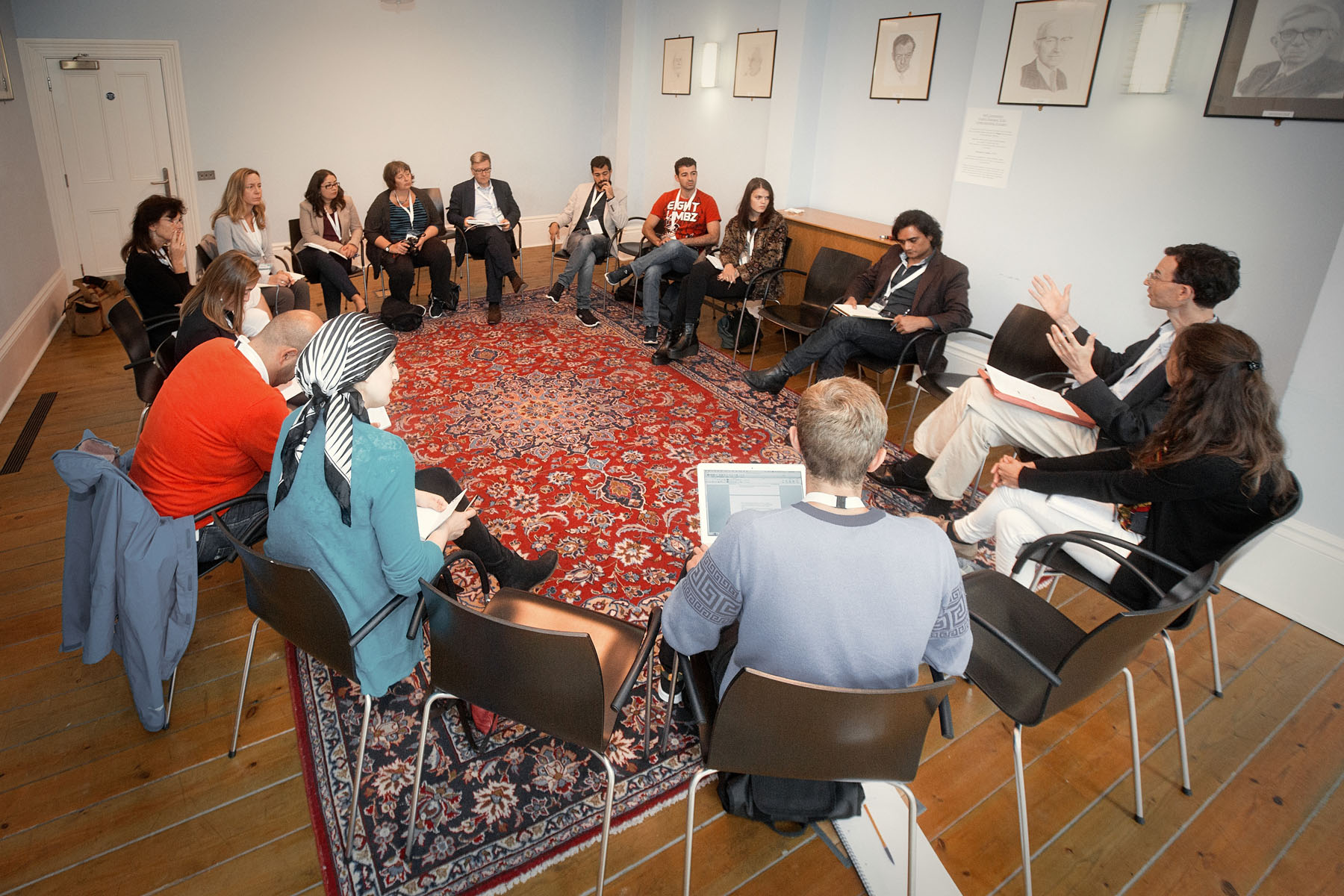
I have been delighted by the conversation about trust today, because of my involvement with a project at a maximum-security prison. I originally studied this prison in the 1990s, but I was asked to go back to it twelve years later because of concerns about radicalisation and risk. We found that the whole place had become paralysed by distrust; in a very short amount of time the prison had changed from being a place where guarded but very real forms of trust were flowing between staff and prisoners, and among prisoners, to it being a place where everyone was afraid of everybody else. Staff no longer recognised prisoners, and the information flow was no longer going on in the wings where the prisoners were living, but off the wings in security information reports.
So we decided to go and study trust. Everyone wanted us to study risk, but we resisted that and went to other maximum security prisons to study trust. We were criticised and ridiculed by other professional groups for coming into a maximum security prison with the word ‘trust’ in mind. But in fact, almost before we arrived at the prison some of the prisoners were waiting for us, excited that we were this important group from Cambridge who were willing to come and talk to them about trust, because nobody else would use the word. And the project has been really valuable: we have learnt all sorts of things about how destructive a lack of trust can be, and how a little bit of trust can build relationships and reduce violence. The prisoners themselves have found it so important to have conversations about trust that they have decided to carry on doing it without us, and they now have a ‘trust committee’. They write us letters; they invite us to their meetings; they invite people from different faith backgrounds to talk to them. The whole point of the dialogue is for them to get to know each other and build trust between themselves. We have seen it make a massive difference not only to the life in the institution, but also to all the individuals living within it.
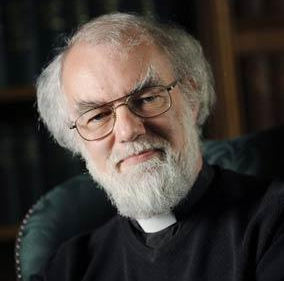
Inspire Dialogue Introductions: Lord Rowan Williams
Master of Magdalene College, Cambridge
“When we go out and encounter others, we are asking for something that is not already there to come alive in us.”
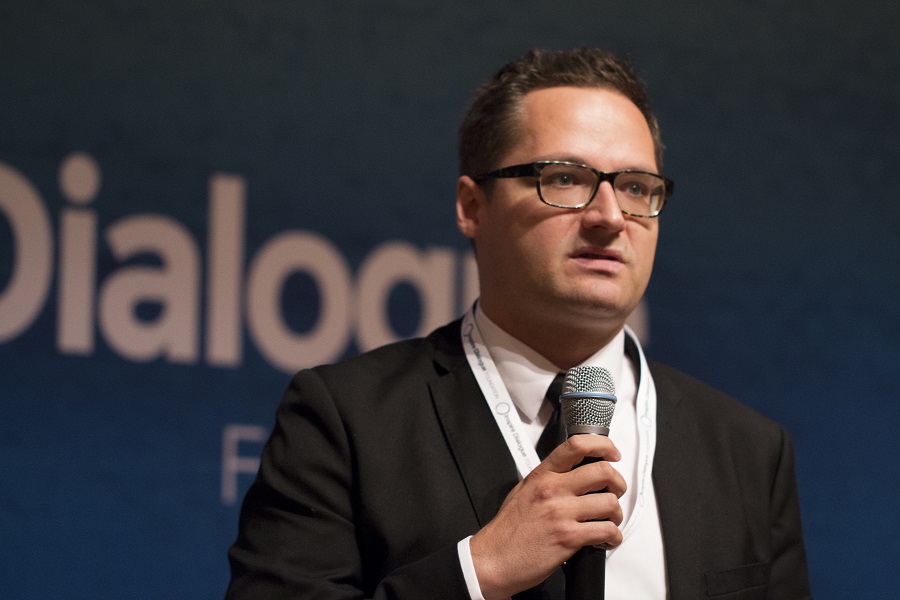
Inspire Dialogue Introductions: Frederick Smets
United Nations High Commission for Refugees (UNHCR)
“Most of these people do not need money, but they need somebody that they can have a conversation with.”
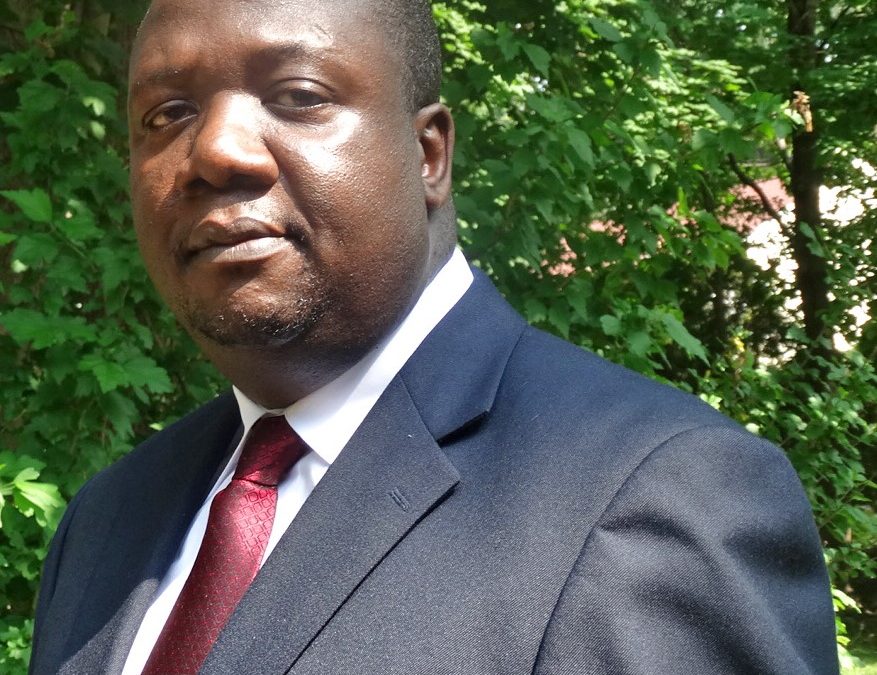
Inspire Dialogue Introductions: Tawanda Mutasah
Senior Director of Law and Policy for Amnesty International
“The stranger or ‘the other’ is a notion that we construct in our quest for a resource. In reality, there is no ‘other’…”

Inspire Dialogue Introductions: Baraa Halabieh
English-Arabic translator
“What makes humanity so beautiful is our multiculturalism… the variety in our colours, cultures and beliefs is what makes us all unique.”
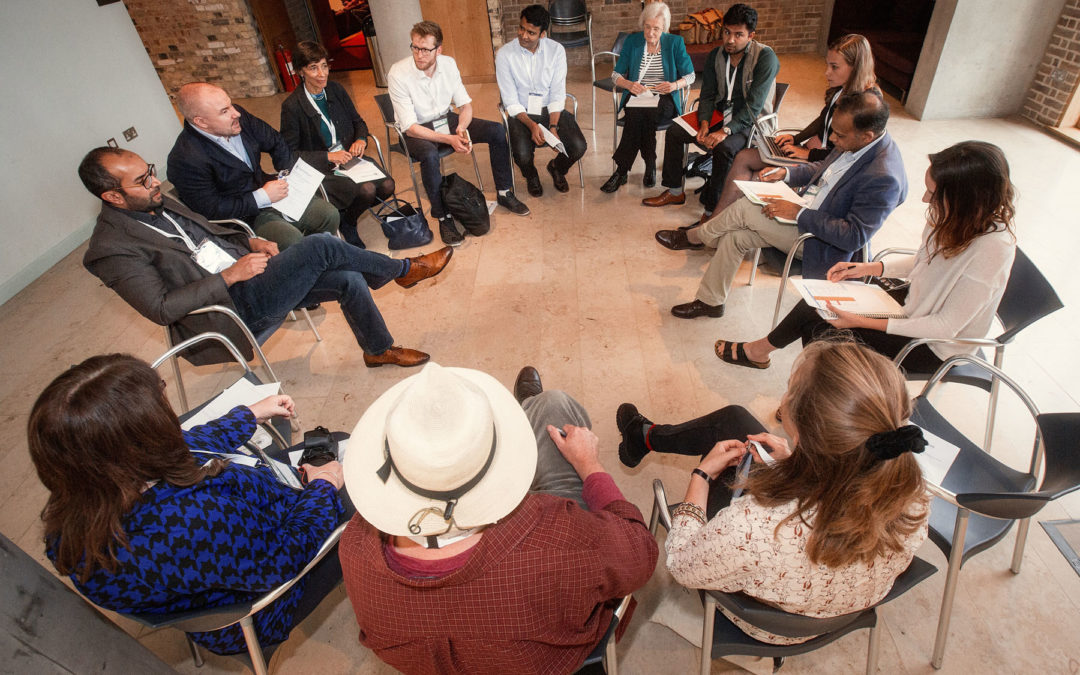
Inspire Dialogue Summaries: The Environment
Bhaskar Vira
“How do we have a dialogue with someone who is fifty years away from inhabiting this earth? This leads to considerations of inter-generational responsibility.”
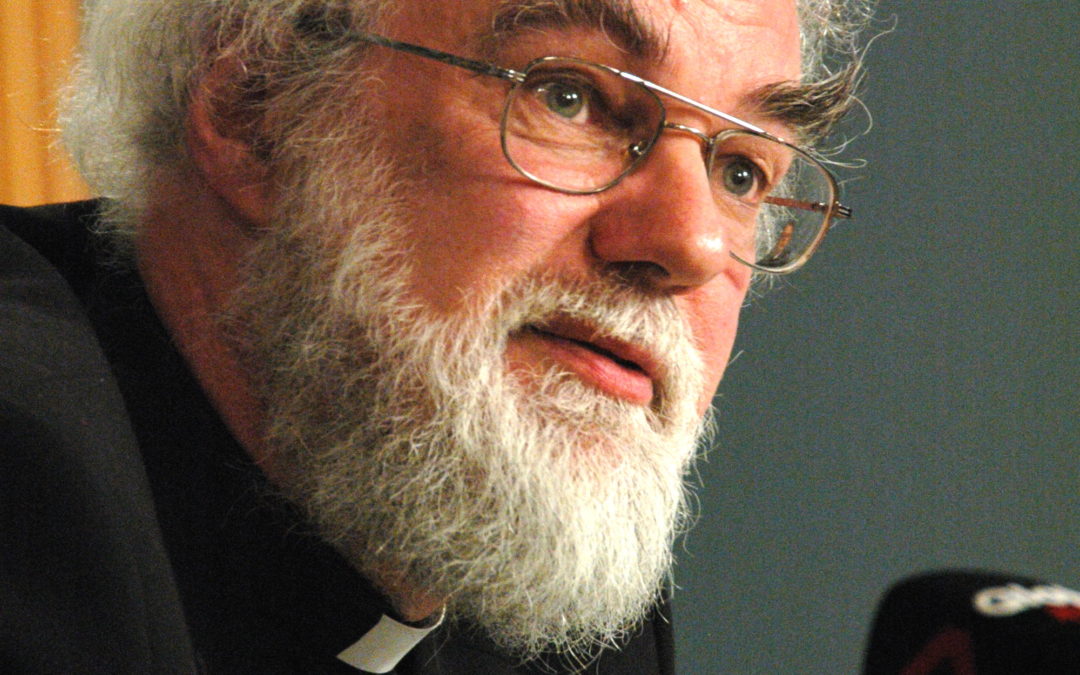
Inspire Dialogue: Final Summary
Lord Rowan Williams
“To be able to imagine that things don’t have to be as they are is perhaps one of the most important things that human beings ever do.”
MORE IN BESHARA MAGAZINE:
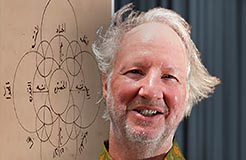
Bringing Light to the World: the Vision of Ibn ‘Arabi
Dr Eric Winkel talks with Jane Clark and Richard Gault about what the wisdom of the great philosopher/mystic can offer us in these troubled time
‘At some point we have to get out of the head and out of the intellect and ask: Can we look with our hearts?’

Personal Integrity in the Poetry of C.P. Cavafy
Andrew Watson pays homage to Greece’s most famous modern poet, whose message of quiet fidelity to our own values still has great resonance today
‘What matters is the spirit in which the journey is undertaken: the desire to observe, to learn, to seek beauty, to take time…’
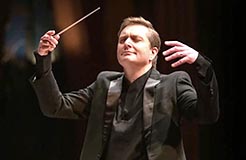
The Art of Conducting
British conductor James Lowe talks about the nature of music and the influence of the Tao Te Ching on his work
‘Great art and music dissolves barriers, allowing us to touch on something transpersonal, something above ourselves.’

AI and Spiritual Intelligence
Mark Vernon dives into the debate surrounding digital technology
‘Where AI processes what is concrete and known, spiritual intelligence is alert to the ineffable, the paradoxical, the mythological.’
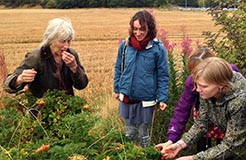
Eating the Wild
Charlotte Maberly investigates the benefits of foraging, and talks to Scottish food writer and historian Fi Martynoga
‘Eating nature may be the best and most accessible method we have of creating bonds with it.’
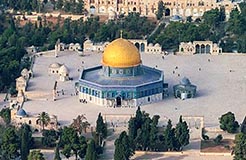
The Cosmos in Stone: the Ascent of the Soul
Artist–Geometer Tom Bree explores the symbolism embodied in the design of the Dome of the Rock in Jerusalem and Wells Cathedral in Southern England
‘The heavenly bodies present the soul with an image of its own inner workings. To look out into the universe becomes analogous to looking inwards.’
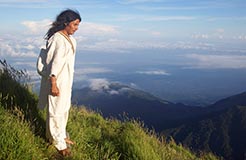
Bringing the Land Back to Life
Alan Ereira talks about the wisdom of the Kogi Indians and an important new UNESCO project in the Sierra Nevada de Santa Marta in Colombia
‘There is one system; we are part of it and the world is part of us. If you separate us from the world or the world from us, neither can survive.’

The Grandeur of the Night Sky
Hannah Dalgleish invites us to rekindle our ancient relationship with the night at a time when light pollution is becoming a global disruption
‘The night has always held a special place in human spirituality, associated with the mystery of the unknown and the search for self-knowledge.’

An Integral Approach to Dementia
Gerontologist Bettina Wichers talks about her holistic understanding of this widespread disease of old age
‘Even though the mind dissolves itself, it is still in consciousness, because this existence is always in consciousness…’
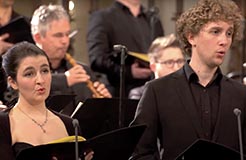
A Thing of Beauty…
Robin Thomson appreciates the music of Bach and an inspiring new performance of his St John Passion
“One of the stated aims of the Netherlands Bach Society is ‘to breathe new life into tradition’… The richness of Bach’s works is being opened up to the entire world, for anyone who wants to listen.”
